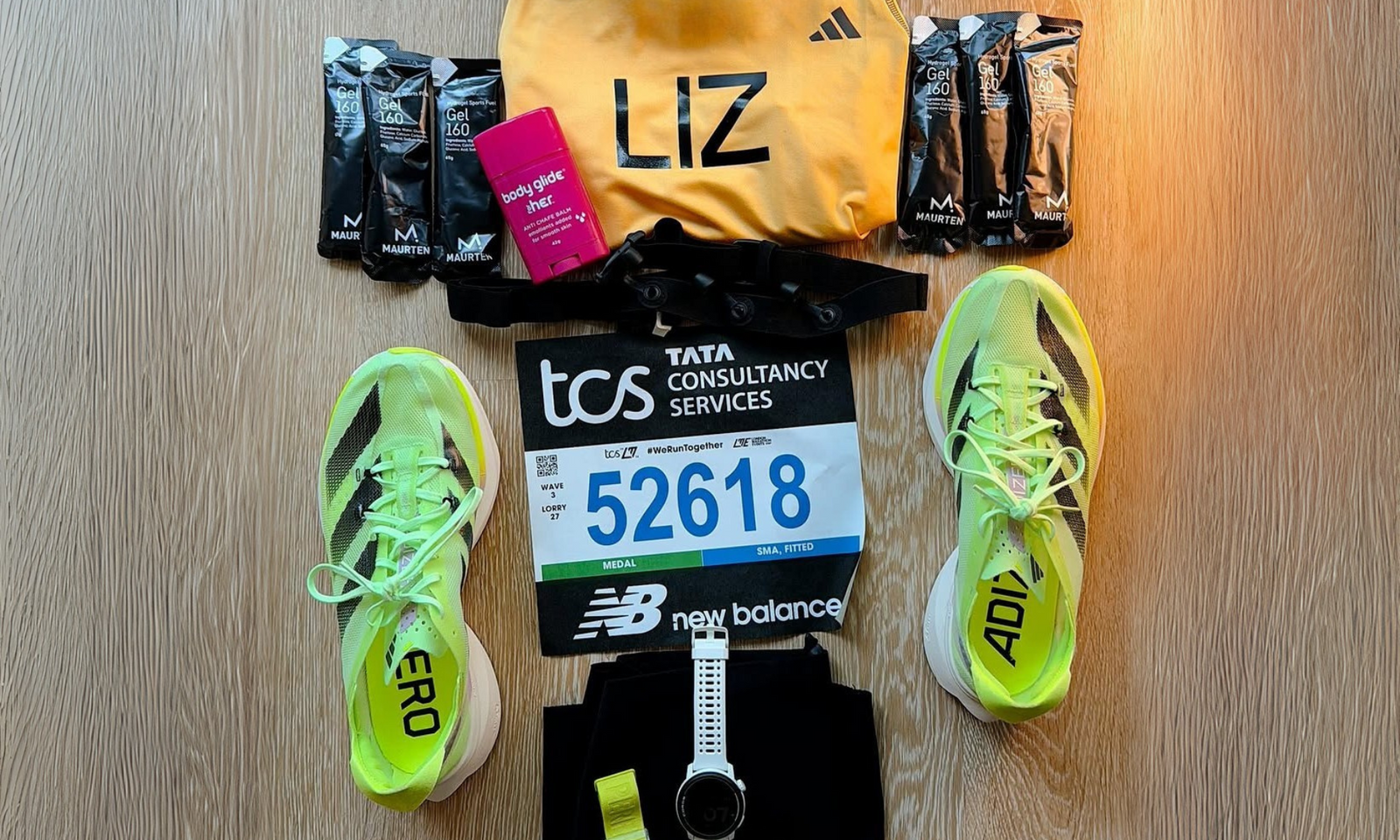Preparing for Your First Marathon: 7 Tips from Running Pros

Need some help to prepare for your first marathon? Follow these 7 professional tips to make this experience a great success:
1. Start early and smart
Running a first marathon requires a good amount of time and preparation. It is recommended to train for 14 to 30 weeks. There are lots of great training programs available online and we can help you find the right one for you.
2. Invest in running equipment
Get yourself running shoes that fit to prevent blisters, good quality running clothing, and accessories that will make your running experience as comfortable as possible. Body Glide® balms help runners with all chafing and blisters prevention.
3. Watch your nutrition
Carbs store glycogen (energy supply) in your body and will help you avoid hitting the dreaded wall around the 20-mile mark. Make sure you consume iron-rich foods with vitamin C as well. Use your training period to figure out what works best for you and stay hydrated at all times!
4. Follow a training program
To best prepare for a marathon it is recommended running 3 to 5 times a week. Find out what your base mileage is and work to build it up over time. Increasing your mileage by 10% is a good basis for improvement. Go for a longer run at least every 10 days but no more often than once a week. Work your cardio capacity with speed work. Make sure you include rest and recovery time in your training plan to avoid injuries and demotivation.
5. Pick the right marathon for you
Research and compare the marathons you are interested in, weighing the pros and cons of each. Not all marathons are the same and not are as accessible in difficulty. You may not want to make your first marathon one with steep hills and oxygen-starved air. Make sure that you will have time to train at least 3 months prior to the race. You may also wish to pick a marathon in a city you want to visit!
6. Hydration is key
Staying hydrated during your training period and your marathon will be one of the key factors in your success. Try to determine the right amount of water to consume in order to maximise your performance and facilitate post-effort recovery. Avoid drinking too much water one hour before the race starts.
7. Before the race
Make sure that you get enough sleep and hydrate well before the race. Preparing a race-day nutrition and hydration plan ahead of time will also help you in reaching that finish line. While the fatigue will take over during the race, you will be able to rely on a carefully planned program with fuelling times and amounts to prevent avoidable pains.
To help prevent chafing and blisters, don't forget to apply your first layer of protection, Body Glide®!
©️ Photo by Liz Newcomer (@resiliencyinrunning)

